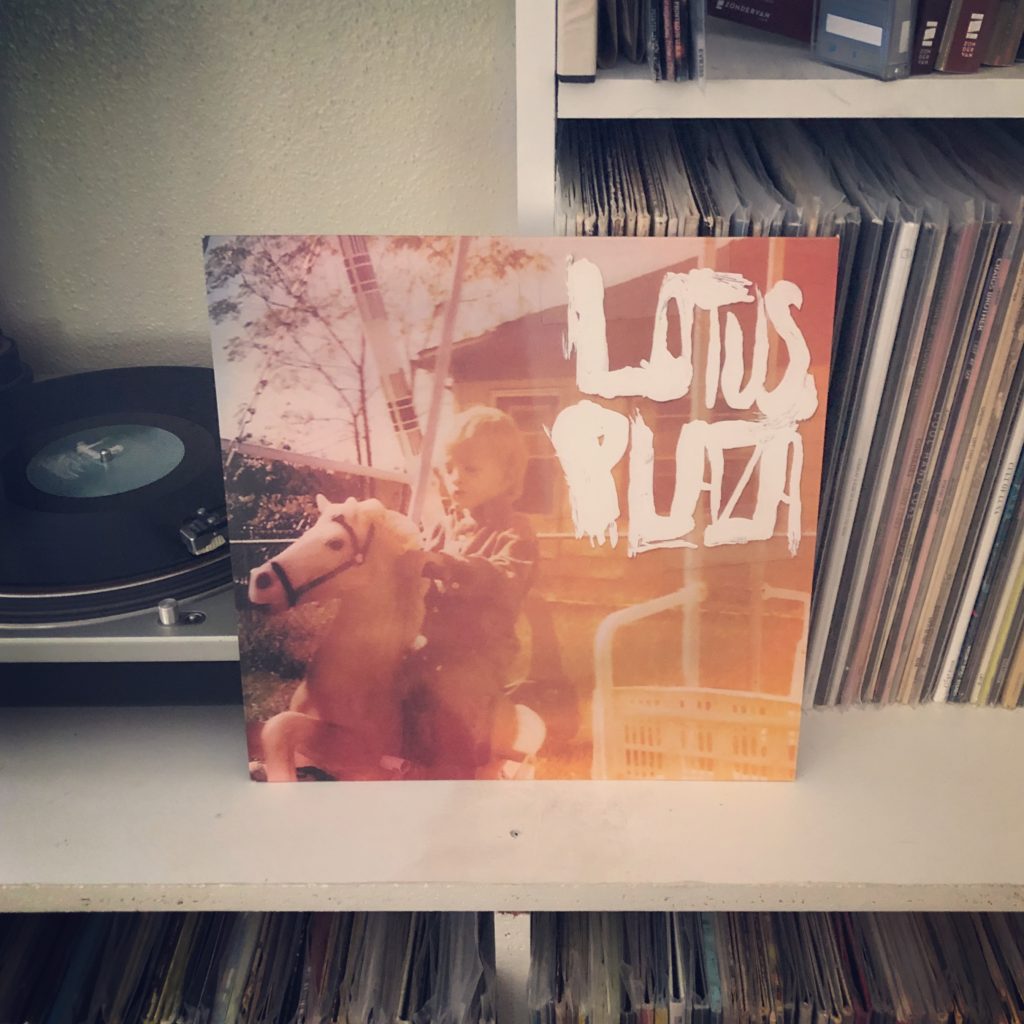
At first glance, it might seem like shoegazers/indie rockers Deerhunter are subject to their eccentric and unpredictable leader, Bradford Cox. He hogs most of the attention, and most of the press is focused on his singular strangeness.
But looking deeper, you’ll notice that Locket Pundt has just as strong a hand in the group. One listen to his work as Lotus Plaza proves that.
The truth is, Deerhunter is much more a collective than a band. As prolific as Deerhunter is (was? They’ve been quiet since 2015), each of the two lead singers manage their own solo projects. Bradford has Atlas Sound and Locket has Lotus Plaza. Naturally, both have a sort of symbiotic relationship with the main band, taking Deerhunter’s explorations deeper, and forecasting shifts in sound.
The Floodlight Collective was released during a hot streak for the group. Between 2007 and 2009, Deerhunter released three albums and an EP. Atlas Sound released two solo records. The Floodlight Collective is Locket’s first official release as Lotus Plaza, but the synergy of Deerhunter’s is present here.
Going into Microcastle, Bradford intentionally shied away from effects pedals, wanting to shed a bit of the hazy walls of noise of Cryptograms and Turn It Up, Faggot. Locket, on the other hand, wasn’t quite done.
The Floodlight Collective is a swirling burst of ambient synths, delayed guitars, loping drums, and repeating chord changes. Songs swell with noise until they burst and fade. The vocals are gentle and unobtrusive, drowned in echo and buried in the mix—when they’re there at all.
And across the ten tracks, it becomes obvious just how much of a hand Locket has in Deerhunter. While Bradford is always eager to disrupt social norms and inject the band with as much punk rock as he can muster (see: Monomania), Locket isn’t quite as abrasive. His iconoclasm is more meditative and dissociative. It is a noisy, synesthetic swell that doesn’t seek to destroy you as much as envelope you. And to that end, The Floodlight Collective is a perfect album.